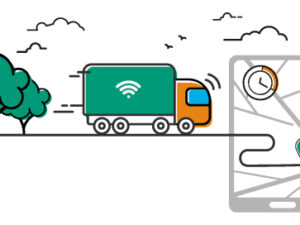Author: Pablo Salguero

Can artificial intelligence, under human supervision, dismiss me?
The proposal for a European Directive on improving working conditions in platform work requires that, in intensely digitalized environments, there is always human control. This means that the decision regarding a job cannot be left exclusively in the hands of artificial intelligence. Elon Musk, together with other collaborators, created in 2015 a language model called […]

Attracting young talent: the “Tinderization” of employment relationships
Businesses have a huge challenge ahead: they will have to sharpen their wits to attract the attention of the new generations of professionals who join the labor market and are used to interacting in a digital world through applications in which immediacy and quick and easy access to information is the norm. In this context, […]

Back to an “ERTE”: solutions on how to survive outbreaks of COVID-19
Companies that have been affected by COVID-19 outbreaks and the strengthening of certain measures and administrative restrictions could consider implementing a temporary collective layoff procedure that enables them to survive the second wave of the pandemic. Companies did not exactly make a killing in August this year. The macroeconomic figures provided by the different official bodies, […]

GPS doesn’t work for recording working time
The Supreme Court has rejected the GPS-based time control system implemented by a company because it is not able to calculate working time in its entirety. A recent order by the Supreme Court has shed some more light on the characteristics that working time recording systems implemented by companies should have. The context in which […]

Can they fire me if I don’t agree to working part-time?
A judgment from the Supreme Court reopens the debate on dismissals of employees who refuse to change their full-time contract to part-time when there is a reduction in the company’s workload. A full-time contract is linked to the performance of the tasks specific to the category engaged, within the working hours set by the collective […]

The “uberization” of labor relations
When A.M. Snelson called Uber a “modern business phenomenon” in October 2016 and concluded that its drivers were not independent collaborators but rather were linked to the platform by means of a labor relationship, he didn’t know that in handing down his Judgment in London he was laying the foundations for a global review of […]
